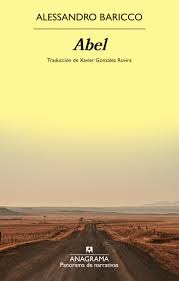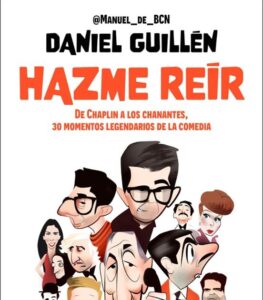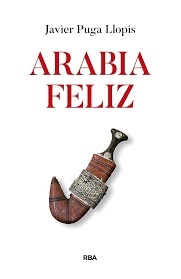
Original language: Italian
Original title: Abel
Translation: Xavier González Rovira
Year of publication: 2023
Valuation: Advisable
There is no before and after in events; There is only one breath that is difficult to interpret. In this sentence the latest novel by Alessandro Baricco is condensed, both in form and substance.
We are in the Far West, in the era of the Conquest of the West (it is not difficult to imagine Gregory Peck or James Stewart in the role of Abel Crow), in a frontier territory in which all distinction is provisional, in which I dream / reality and life / death are confused, in which the beliefs or legends of the Native Americans are mixed with those carried by the colonists, in which searches and revelations, abandonments and (re)starts come together.
The border is key and determines the structure of the book. Short chapters in which linearity explodes and that are nothing more than the pieces that make up the puzzle of Sheriff Abel Crow’s life. And although it is true that at first one feels somewhat dislocated with those time jumps and with the philosophical reflections that run through, especially, the initial part of the novel, I have to admit that the pieces fit together, that the novel grows in its second half and that the final impression is more than favorable.
Among the notable aspects of the novel it is worth mentioning:
- the suggestive power of the atmospheres and images that Baricco creates. Yes, that is “trademark” (can we say that Baricco is a very “plastic” writer?) and in Abel remains intact.
- a main character with a lot of hook. It already happened, for example, with the pianist Twentieth century o el Hervé Joncour of This. Baricco is very skilled at constructing enigmatic characters full of poetry and Abel Crow enters, in his own right, in the pantheon of Italian characters.
- the dialogues. Brief, cutting, with a poetic very different from that used in the descriptions.
On the less positive side I must mention the, in my opinion, excessive weight of the “philosophical” part of the novel. Or perhaps not so much the excessive weight as the feeling that the text could have had that same philosophical charge through the purely narrative, through the action itself.
Be that as it may, you are left with the impression of having read a good dreamlike and spectral Western (it is not Pedro Páramo, but there is something of that atmosphere), a good novel of initiation or self-discovery that shows that Baricco is still a safe value. Let’s hope, however, that it doesn’t take another 8 years until the next book. Come on, Alessandro, you can do it!
Source: https://unlibroaldia.blogspot.com/2024/12/alessandro-baricco-abel.html


